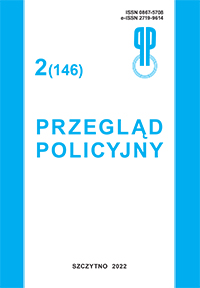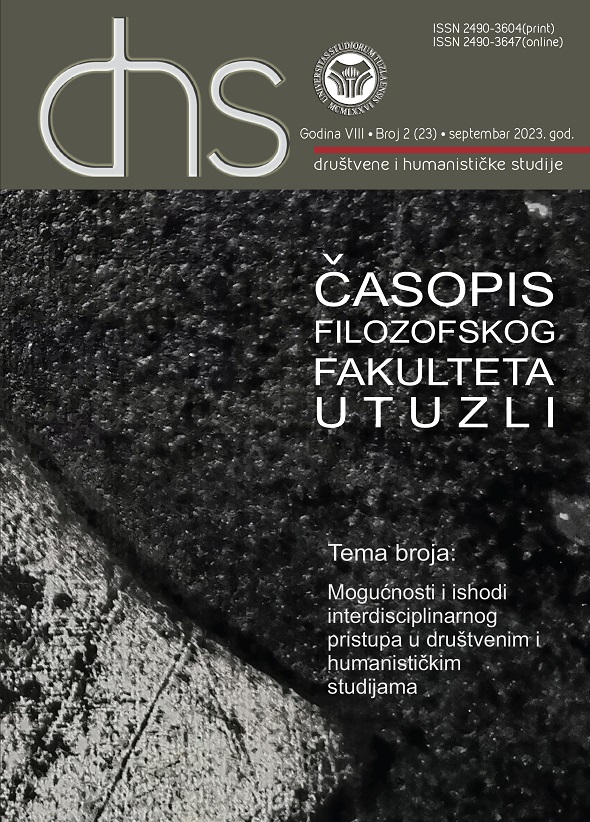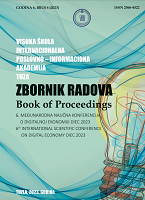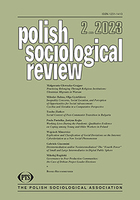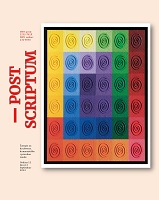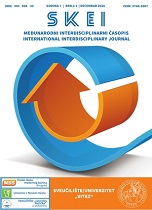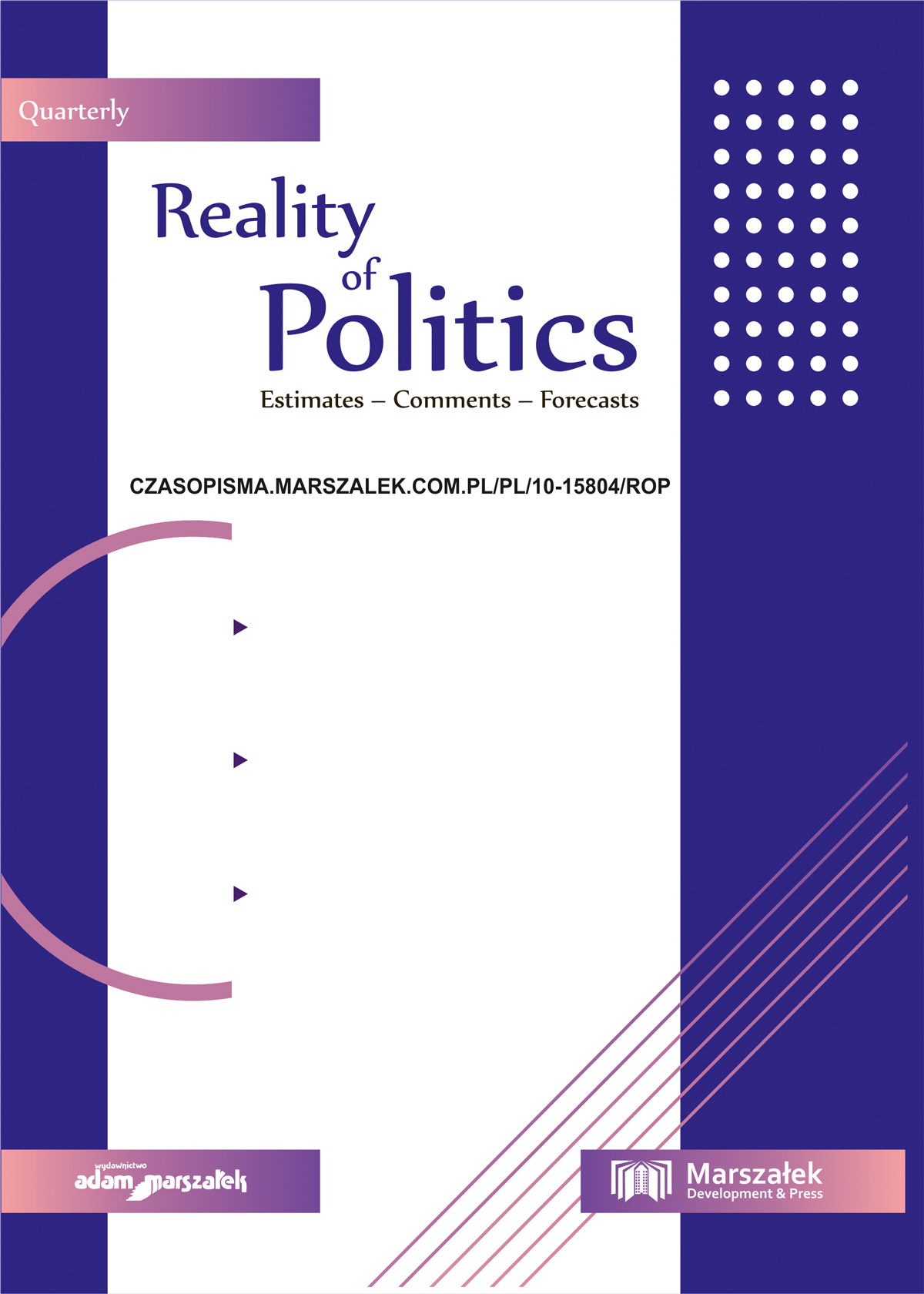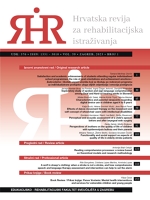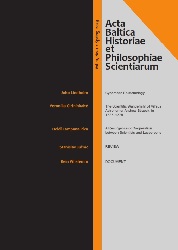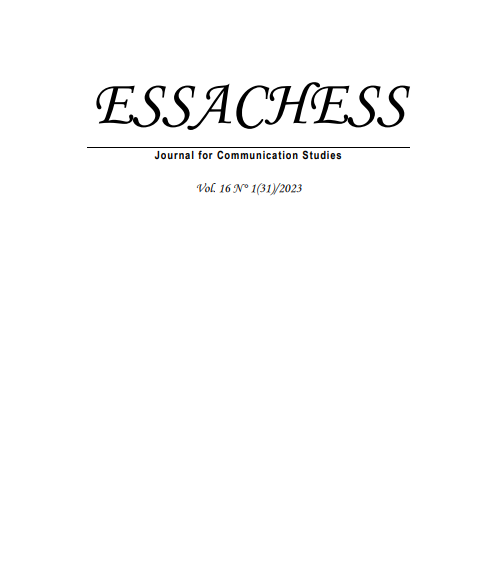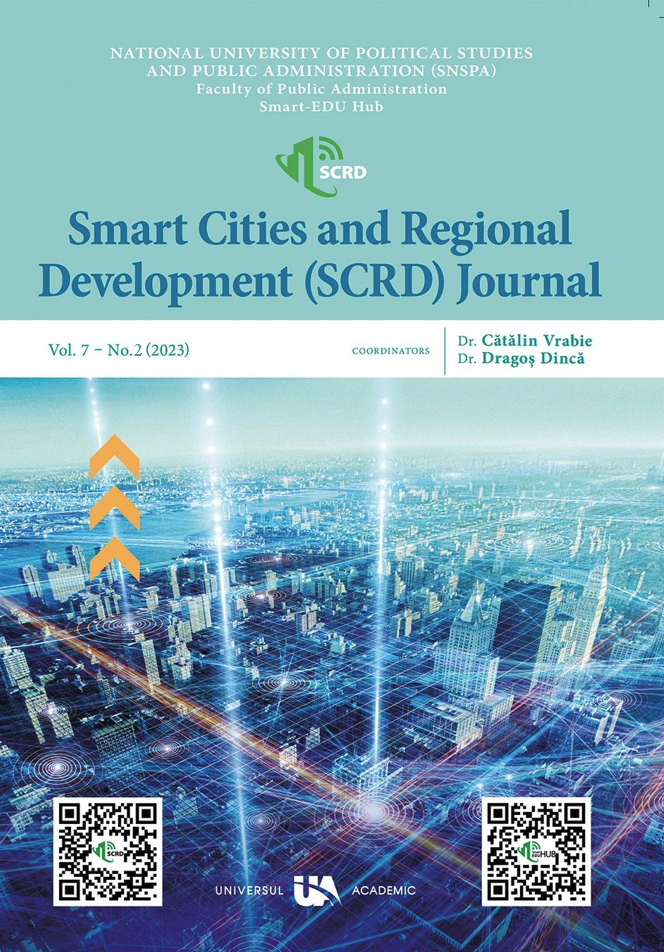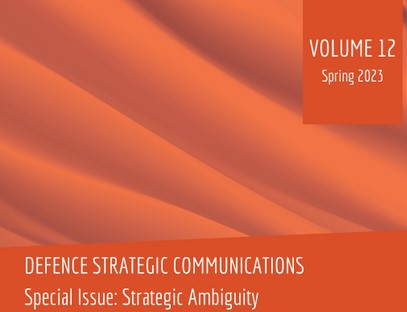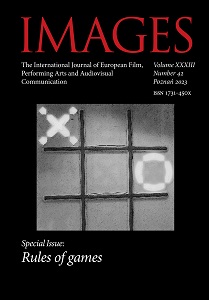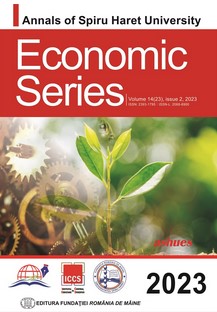
„Roboty w togach” i rozprawy na WeChatcie? Analiza przyczyn i sposobów wykorzystania nowych technologii w chińskim sądownictwie oraz charakterystyka zagrożeń z tym związanych
This article, based on a literature review, provides an analysis of the causes and applications of new technologies in the Chinese judiciary, and attempts a legal and ethical assessment of the hazards faced by both the developers as well as parties involved and court personnel. This issue is considered significant due to the growing extent of the application of increasingly sophisticated technological tools and their potential to effectively respond to the challenges encountered by the Chinese judiciary. The considerations presented lead to the conclusion that innovations applied in courtrooms contribute to the acceleration and facilitation of proceedings, address staff shortages, and have the potential to redefine established solutions in law. However, they are by no means a perfect remedy, and there are a number of dangers associated with their deployment, such as loss of autonomy by judges, algorithmic errors, technology bias, or over-reliance on technology. There is, therefore, a necessity to undertake further research into the application of modern technologies in the Chinese judiciary and to assess their effectiveness through the prism of the emerging risks they entail.
More...
